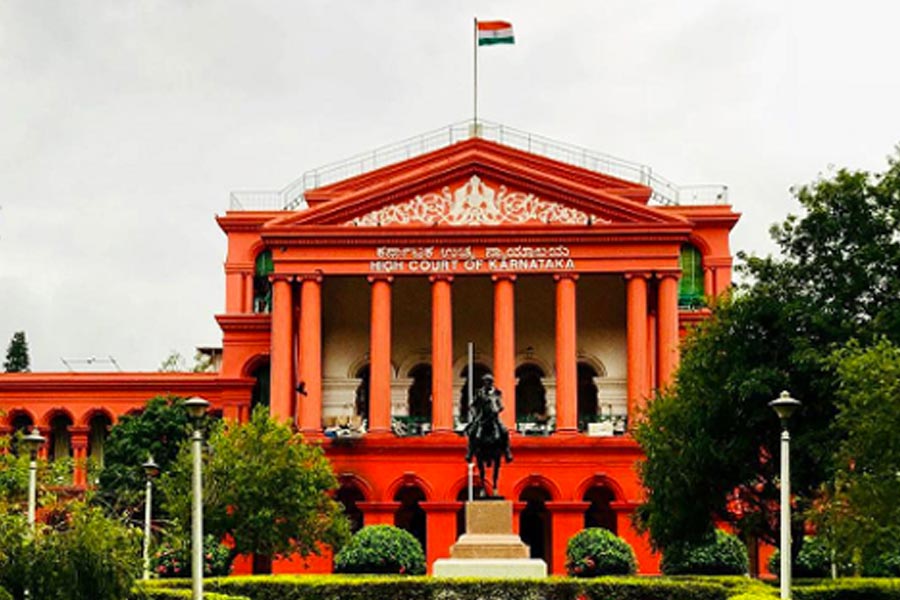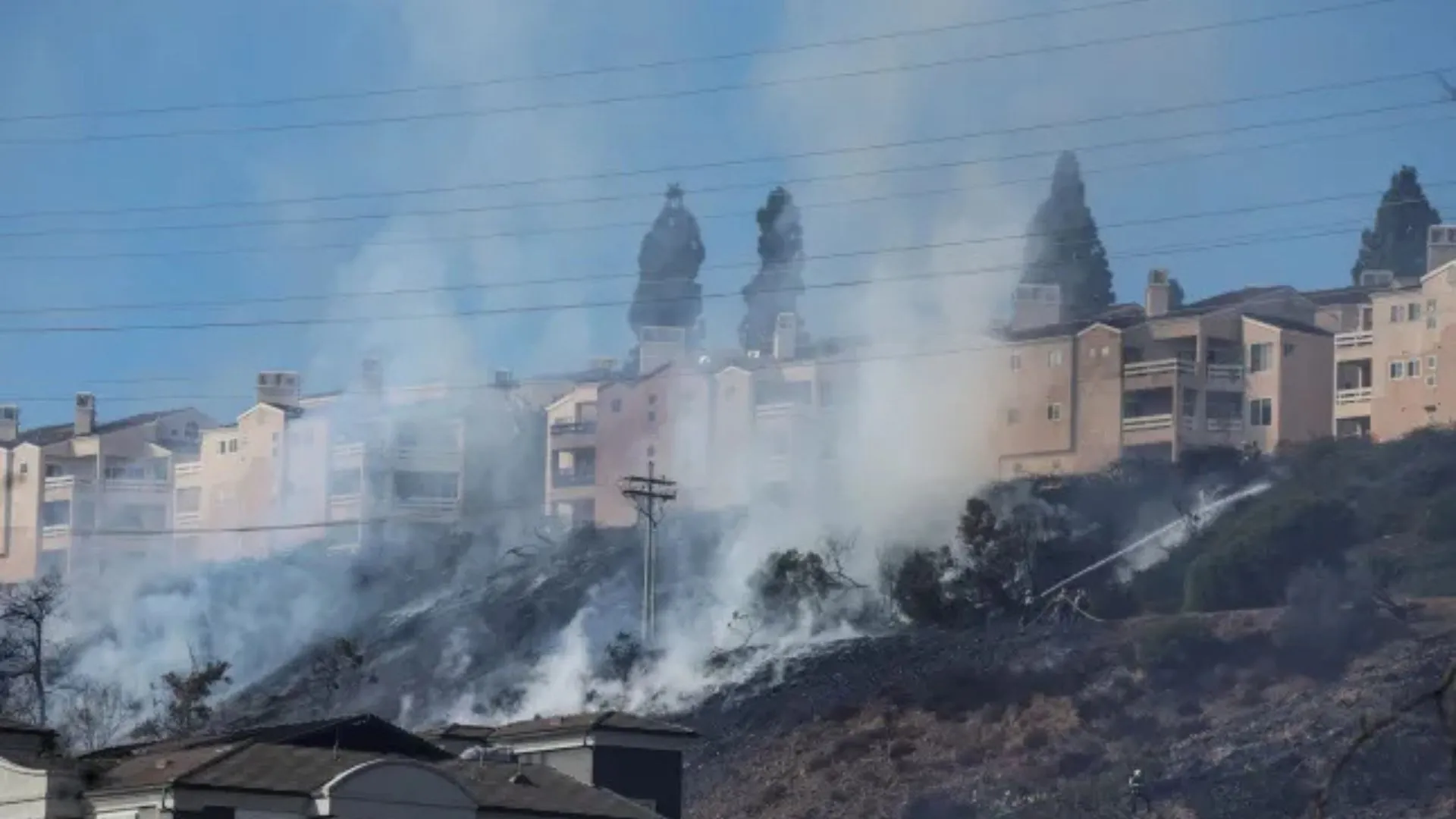The Karnataka High Court in the case M/S Margadarsi Chits (k) Pvt.Ltd And H Srinivas Reddy And Others observed and has held that there is only one statutory appeal against an order passed under Section 69 of the Chit Funds Act and an order passed by the Appellate Authority as stated under Section 70 of the Act is final and no appeal lies against it before the High Court.
The single bench headed by Justice M.I. Arun in the case observed and has dismissed the petition filed by M/s Margadarsi Chits (K) Pvt. Ltd which had challenged the order passed by the Joint Registrar of Chits.
In the present case, the petitioner file the plea that H Srinivas Reddy had subscribed to a chit issued by the petitioner. Thus, on him defaulting in payments proceedings were initiated against him by the petitioner before respondent the Deputy Registrar of Chits who passed an order in favour of the petitioner herein holding that respondent No.1 is liable to pay the amount of Rs.1,74,325 with costs and interest.
Aggrieved with the same, an appeal was preferred by the Reddy as stated under Section 70 of the Act, before respondent No.7.
The court while allowing the first appeal that respondent No.1 is not liable to pay any amounts to the petitioner.
The bench in the case referred to section 70 and has stated that there is only one appeal provided in the statute against the order passed under Section 69 of the Act. Any order passed under Section 70 of the Act shall be final.
The court in the case observed and has held that the petitioner in the instant case is not alleging that any of its fundamental rights is violated nor it is able to show that any of the principles of natural justice have been violated by respondent No.7, nor is it a case where the order impugned is passed without jurisdiction.
Adding to it, the court stated that it being not the case of the petitioner that the law has been erroneously interpreted by the respondent No.7. The said court in exercise of its power as stated under Article 226 of the Constitution of India, cannot sit as an Appellate Authority over the order passed under Section 70 of the Act. Thus, it cannot delve into a disputed question of facts.
The court observed while considering the facts and circumstances of the case observed and has held that it being the case of the petitioner that the facts have not been properly appreciated by the Appellate Authority i.e., respondent No.7 and that respondent No.1 is liable to pay amounts to the petitioner as alleged. Thus, the said allegation has reached finality by the order passed by respondents No.7 and this Court in exercise of its powers as stated under Article 226 of the Constitution of India cannot examine the same.
Accordingly, the court dismissed the petition.
The counsel, Advocate K.L. Patil appeared for R1.
The counsel, Advocate V.S. Kalasuramath HCGP represented R6 & R7.

















